Academic perspectives on WSIS & SDGs
WSIS and Academia
Session 406
As part of this thematic workshop, academic stakeholders across disciplines will present their views on how the WSIS forum can contribute or has been contributing to the SDGs.

Dr. Dibyendu Maiti is Executive Director, Centre for Development Economics and Professor of Economics at the Delhi School of Economics. Prior to this, he worked at the University of the South Pacific, Institute of Economic Growth Delhi, Centre for Studies in Social Sciences Calcutta and held various research positions at University of Manchester, University of Nottingham, Max Planck Institutive of Economics (Jena), Norwegian Institute of International Affairs (Olso). ICSSR-JSPS fellowship. He specialises on international trade and development macroeconomics with a bit of focus on ICTs, and publishes articles including in Journal of Development Economics, Social Research Indicators, Journal of Productivity Analysis, Labour Economics, Economic Modelling, International Review of Economics and Finance, Cambridge Journal of Economics, American Behavioural Scientists etc. He is an associate editor of Progress in Development Studies (Sage). He received IDRC Young India Social Sciences Award, 2010 and Global Development Network Award, 2009. Recently, we published a book on Digitalisation and Development: India and Beyond.
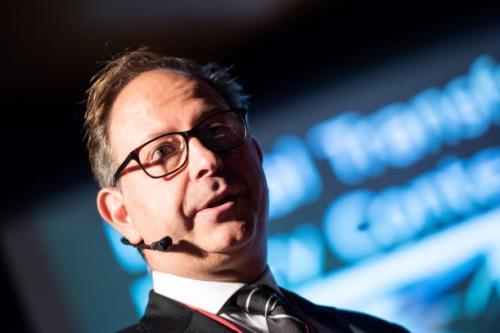
Gianluca Misuraca is founder and Vice President for International Relations and Technology Diplomacy of Inspiring Futures (IF), a global advisory consultancy in Strategic Foresight, Social Innovation and Digital Governance headquarter in Lausanne and Sevile. He is also an advisor to several International Organizations and development institutions worldwide. Among his key assignments he is currently leading the “International Outreach for human-centric Artificial Intelligence” (InTouchAI.eu) initiative funded by the European Commission’s External Action Service for Foreign Policy Instruments. As part of his academic roles, Gianluca is the Executive Director of the Master in Artificial Intelligence in public services (AI4GOV) led by the Universidad Politécnica de Madrid, a Senior Research Associate at the Department of Design of Politecnico di Milano and a Research Fellow at the Department of eGovernance and Administration of Danube University Krems in Austria. Furthermore, he is a Special Advisor on Democracy in the Digital Age for Re-Imagine Europa (RIE)
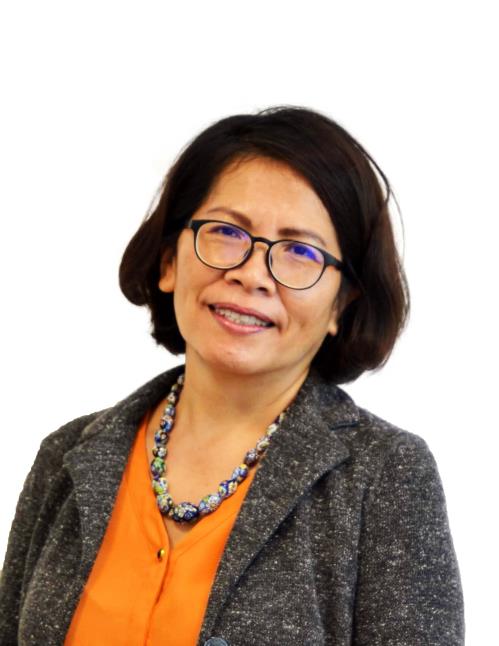
Poline Bala obtained a PhD in Social Anthropology from University of Cambridge, UK. She is now the Director of Institute Borneo Studies, an Associate Professor at the Faculty of Social Sciences and Humanities, a Senior Research Fellow at the Institute of Social Informatics and Technological Innovation at University Malaysia Sarawak (UNIMAS). Her area of interest and research includes examining the impacts of political boundary lines on the formation of national identities at border areas. Over the past two decades, Poline also has formed a research interest in two interrelated fields: society-technology relationships and development-technology relationships. This especially relates with how society and social values shape the way in which technology, specifically Information Communication Technologies (ICT), affects our lives, the roles of ICT on development activities, the social change that is connected to the application and use of ICT and the outcome of the development activities, and how they occur. This interest stems mainly from her roles as one of the pioneers of the world-renowned eBario initiative in the Kelabit Higlands that sought to explore the socioeconomic potentials of the new information communication technologies amongst rural and remote communities. In 2006 - 2010 she was part of a research team which was instrumental in the national roll out programme of Rural ICT to remote places in Malaysia. In 2012, Poline and her team was engaged by the Economic Planning Unit at the Prime Minister’s Department to introduce and implement Telecentre Programme amongst Orang Asli West Malaysia (TPOA). Quite recently, Poline is leading a team to examine the relations between ethnodevelopment, Information Communication Technologies and Climate Change in relation to the island of Borneo. All these engagements boil down to Poline’s keen interest in societal issues surrounding “small people” at the margins of technological advancement and innovation.
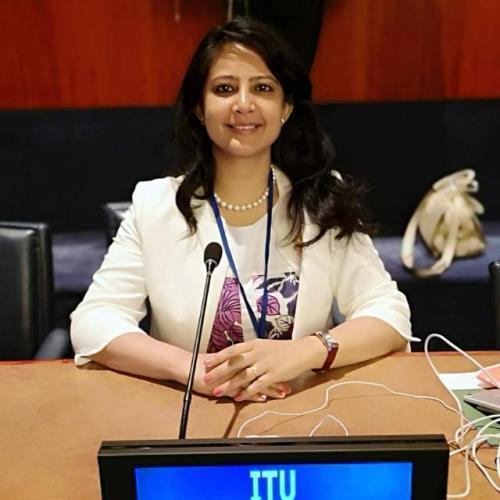
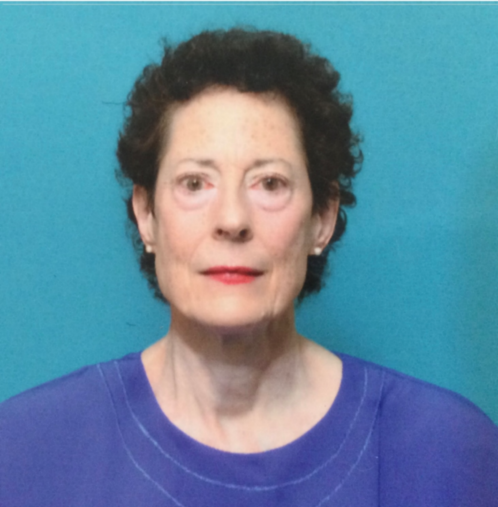
Dr. Lynn Thiesmeyer specializes in Upper Mekong regional and rural development, including Myanmar, Thailand, Laos, and China. She has been Professor of Environmental Information at Keio University, Japan, since 1995. She has worked as an advisor and co-researcher with APEC (the Asia-Pacific Economic Commission), with the United Nations Development Programme and UNESCO, the World Bank Gateway for Gender and Development, and with the MEDICI Framework of the European Commission, and was Research Advisor to the Mekong Institute of Thailand. From 2001 she has been a speaker at the W3C, and since 2016 at the WSIS. She has also been a lecturer for the United Nations Global Seminars in Japan and at the Graduate Program of Health Social Sciences of Mahidol University of Thailand. Her publications include Human Insecurity in East Asia (ed., 2009), Informal and Illegal Movement in the Upper Greater Mekong Subregion (2010), articles on environmental policy within ASEAN, and book chapters on security, space, and on economic and socio-ecological impacts of large-scale development projects in rural areas of the Upper Mekong. Recent work includes articles on the use of remote sensing data to demonstrate climate change effects on forest fires; and on the effects of Myanmar’s transition on the region’s border economies and digital connectivity, and the paramount importance of maintaining analog-digital hybridity for survival in large-scale migration, medical emergencies, and human-caused disasters.
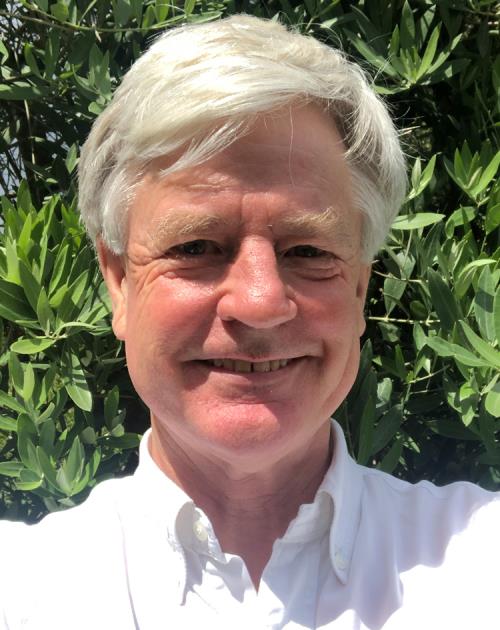
Tim Unwin CMG is Chairholder of the UNESCO Chair in ICT4D and Emeritus Professor of Geography at Royal Holloway, University of London. He was Secretary General of the Commonwealth Telecommunications Organisation from 2011-2015, was Chair of the Commonwealth Scholarship Commission from 2009-2014, and over the last decade has worked closely with UN agencies such as the ITU, UNESCO and UNICEF. His influential edited book Information and Communication Technologies for Development, was published by Cambridge University Press in 2009, and his latest book Reclaiming ICT4D was published by Oxford University Press in 2017. His research focuses on the inequalities caused by the use of digital technologies and how the poorest and most marginalised can be empowered through them. In 2021 he launched the Digital-Environment System Coalition (DESC) to change global understanding of the impact of digital technologies on the global environment. He is an inspirational speaker, highly effective leader, and internationally respected author, with 16 books and more than 250 other publications to his credit, and in 2016 was appointed a Companion of the Most Distinguished Order of St. Michael and St George (CMG) in the Queen’s 90th Birthday Honours list for his services to the Commonwealth.
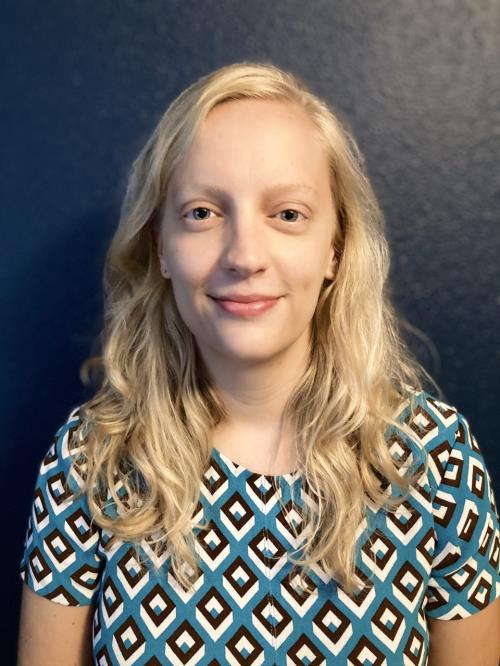
Caroline Stratton is an Assistant Professor in the School of Information at Florida State University. Her research addresses how organizations may effectively design and implement technology interventions for social good. Her recent and ongoing work in ICT4D examines government, non-profit, and social entrepreneurial innovation efforts in Latin America, particularly in the education sector. She holds a PhD from the University of Texas at Austin and is a former nuclear engineer.
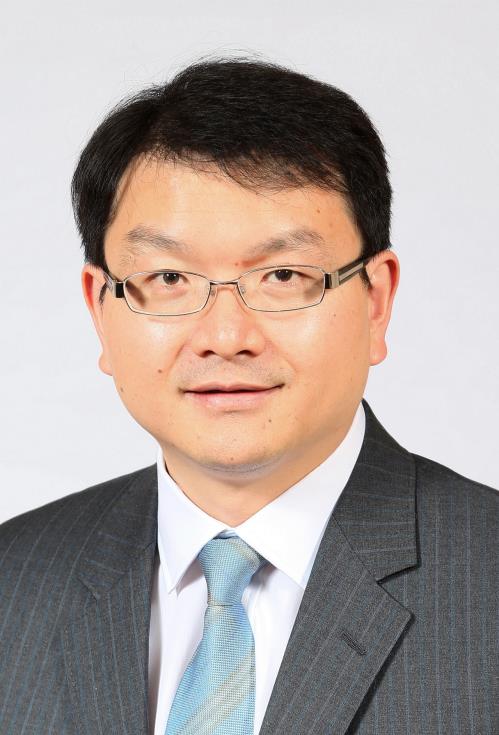
Dr. Yang Yang is the Chief Scientist of IoT at Terminus Group and a full professor at ShanghaiTech University, China. His research interests include multi-tier computing networks, 5G/6G systems, AIoT technologies and applications, and advanced wireless testbeds. He has published more than 300 papers and filed more than 80 technical patents in these research areas. Yang is a fellow of the IEEE.
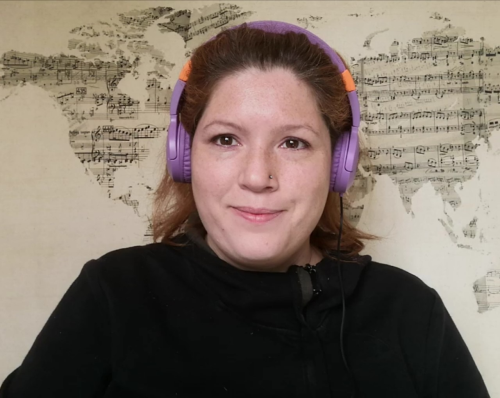
Suay is an interdisciplinary digital sociologist with a focus on digital activism and digital political empowerment. Her Marie Skłodowska-Curie research project DIGI-EMP at the University of Trento's School of International Studies looks at international experiences of digital political empowerment in crowdsourcing initiatives on climate change. Her publication record includes articles in Information, Communication & Society, Journal of Digital Social Research, First Monday, and International Journal of Communication.
-
 C1. The role of governments and all stakeholders in the promotion of ICTs for development
C1. The role of governments and all stakeholders in the promotion of ICTs for development
-
 C2. Information and communication infrastructure
C2. Information and communication infrastructure
-
 C3. Access to information and knowledge
C3. Access to information and knowledge
-
 C4. Capacity building
C4. Capacity building
-
 C5. Building confidence and security in use of ICTs
C5. Building confidence and security in use of ICTs
-
 C6. Enabling environment
C6. Enabling environment
-
 C7. ICT applications: benefits in all aspects of life — E-government
C7. ICT applications: benefits in all aspects of life — E-government
-
 C7. ICT applications: benefits in all aspects of life — E-business
C7. ICT applications: benefits in all aspects of life — E-business
-
 C7. ICT applications: benefits in all aspects of life — E-learning
C7. ICT applications: benefits in all aspects of life — E-learning
-
 C7. ICT applications: benefits in all aspects of life — E-health
C7. ICT applications: benefits in all aspects of life — E-health
-
 C7. ICT applications: benefits in all aspects of life — E-employment
C7. ICT applications: benefits in all aspects of life — E-employment
-
 C7. ICT applications: benefits in all aspects of life — E-environment
C7. ICT applications: benefits in all aspects of life — E-environment
-
 C7. ICT applications: benefits in all aspects of life — E-agriculture
C7. ICT applications: benefits in all aspects of life — E-agriculture
-
 C7. ICT applications: benefits in all aspects of life — E-science
C7. ICT applications: benefits in all aspects of life — E-science
-
 C8. Cultural diversity and identity, linguistic diversity and local content
C8. Cultural diversity and identity, linguistic diversity and local content
-
 C9. Media
C9. Media
-
 C10. Ethical dimensions of the Information Society
C10. Ethical dimensions of the Information Society
-
 C11. International and regional cooperation
C11. International and regional cooperation
The session will address the broad spectrum of SDGs and WSIS Action Lines as it charters WSIS-SDG alignment and progress over time.
-
 Goal 1: End poverty in all its forms everywhere
Goal 1: End poverty in all its forms everywhere
-
 Goal 2: End hunger, achieve food security and improved nutrition and promote sustainable agriculture
Goal 2: End hunger, achieve food security and improved nutrition and promote sustainable agriculture
-
 Goal 3: Ensure healthy lives and promote well-being for all
Goal 3: Ensure healthy lives and promote well-being for all
-
 Goal 4: Ensure inclusive and equitable quality education and promote lifelong learning opportunities for all
Goal 4: Ensure inclusive and equitable quality education and promote lifelong learning opportunities for all
-
 Goal 5: Achieve gender equality and empower all women and girls
Goal 5: Achieve gender equality and empower all women and girls
-
 Goal 6: Ensure access to water and sanitation for all
Goal 6: Ensure access to water and sanitation for all
-
 Goal 7: Ensure access to affordable, reliable, sustainable and modern energy for all
Goal 7: Ensure access to affordable, reliable, sustainable and modern energy for all
-
 Goal 8: Promote inclusive and sustainable economic growth, employment and decent work for all
Goal 8: Promote inclusive and sustainable economic growth, employment and decent work for all
-
 Goal 9: Build resilient infrastructure, promote sustainable industrialization and foster innovation
Goal 9: Build resilient infrastructure, promote sustainable industrialization and foster innovation
-
 Goal 10: Reduce inequality within and among countries
Goal 10: Reduce inequality within and among countries
-
 Goal 11: Make cities inclusive, safe, resilient and sustainable
Goal 11: Make cities inclusive, safe, resilient and sustainable
-
 Goal 12: Ensure sustainable consumption and production patterns
Goal 12: Ensure sustainable consumption and production patterns
-
 Goal 13: Take urgent action to combat climate change and its impacts
Goal 13: Take urgent action to combat climate change and its impacts
-
 Goal 14: Conserve and sustainably use the oceans, seas and marine resources
Goal 14: Conserve and sustainably use the oceans, seas and marine resources
-
 Goal 15: Sustainably manage forests, combat desertification, halt and reverse land degradation, halt biodiversity loss
Goal 15: Sustainably manage forests, combat desertification, halt and reverse land degradation, halt biodiversity loss
-
 Goal 16: Promote just, peaceful and inclusive societies
Goal 16: Promote just, peaceful and inclusive societies
-
 Goal 17: Revitalize the global partnership for sustainable development
Goal 17: Revitalize the global partnership for sustainable development
The session will address the broad spectrum of SDGs and WSIS Action Lines as it charters WSIS-SDG alignment and progress over time.